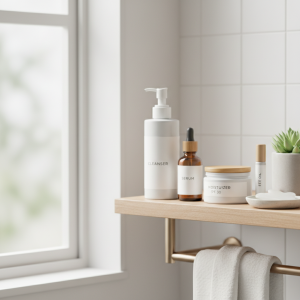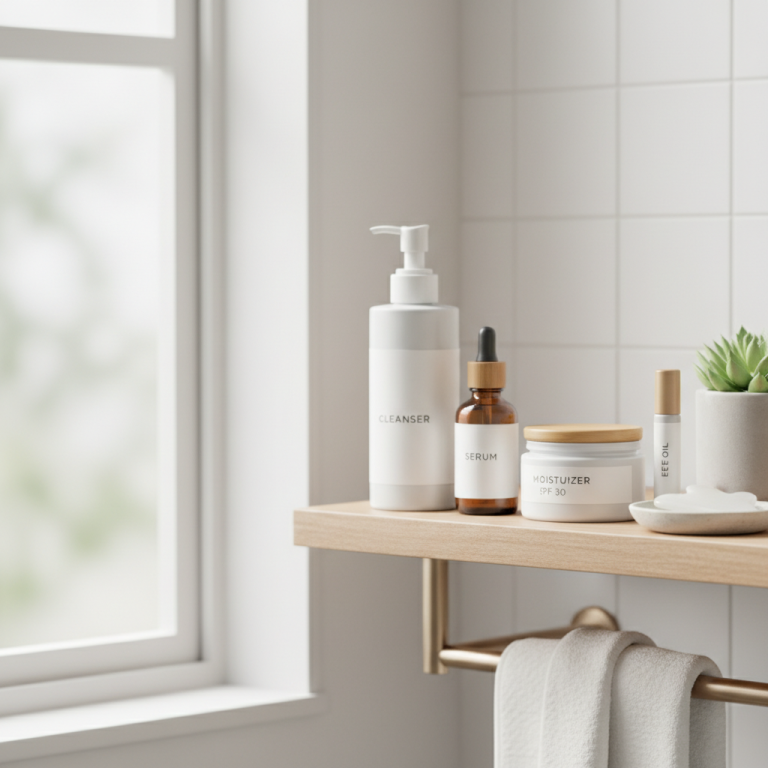Urinary incontinence can be an embarrassing reality for many women, especially in the months following pregnancy and childbirth, and research has revealed just how much of an impact this can have on a woman’s mental health.
In the journal Urogynecology, a study conducted by scientists at the University of Texas Southwestern Medical Centre aimed to identify factors associated with persistent urinary symptoms, including stress urinary incontinence (SUI) and urge urinary incontinence (UUI), and to explore whether they are linked to mental health.
The researchers assessed more than 400 mothers with varying health conditions 12 months after they gave birth as part of a validated survey designed to assess urinary dysfunction, anxiety and depression.
They looked for associations between these disorders and other factors such as demographic and economic data, maternal age, number of previous births, body mass index, foetal birth weight and mode of delivery.
The results showed that incontinence was common, with around a third (32.8%) of participants suffering from stress incontinence, where urine leaks out when pressure is put on the bladder; for example, when you cough or laugh.
Around one in six (16.2%) suffered from urge incontinence, which is when you suddenly feel a strong urge to urinate or when urine leaks out soon after the urge to urinate has passed. One in nine (1 in 9) had bothersome urination symptoms.
The findings suggest that neither stress incontinence nor urge incontinence in these participants was associated with traditional factors, such as delivering a large baby or having a difficult labour.
However, stress incontinence was significantly correlated with a higher body mass index at birth and higher scores on depression questionnaires.
Urge incontinence is very much associated with increased number of previous births and anxiety. Often bothersome urinary symptoms are associated with an increased number of previous births and anxiety. This study looked at women who didn’t have access to many resources and found that postpartum incontinence was associated with mental health, and that factors such as low mood, anxiety, high body mass index and preterm labour could contribute to this condition. That’s why addressing postnatal care and mental health is so important to effectively treat these issues.















